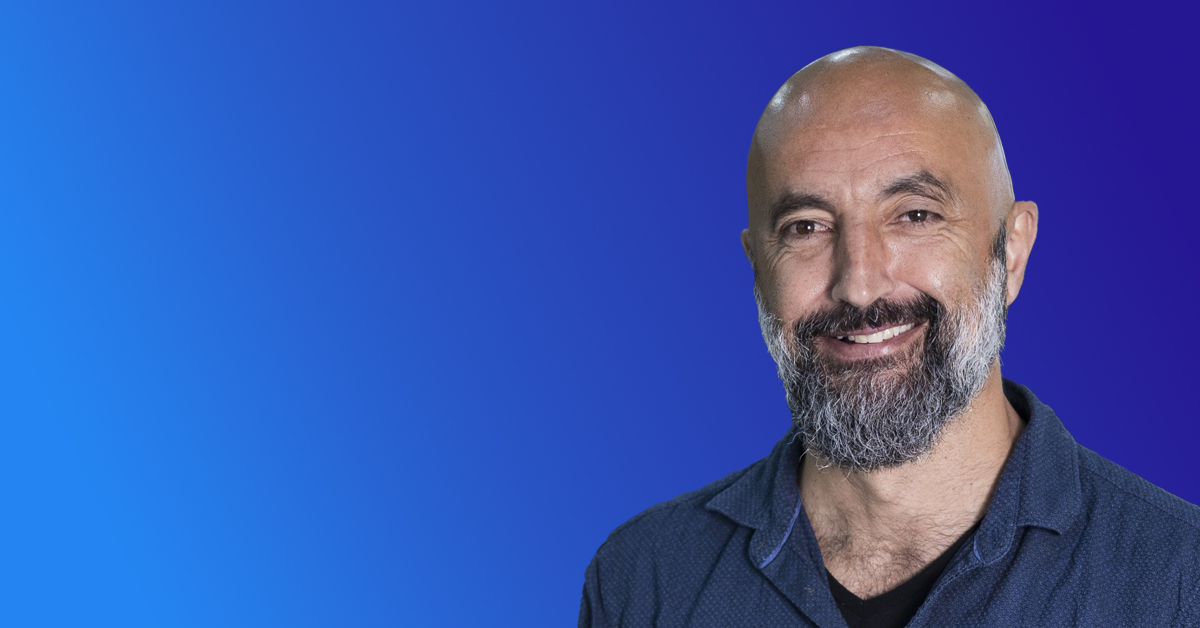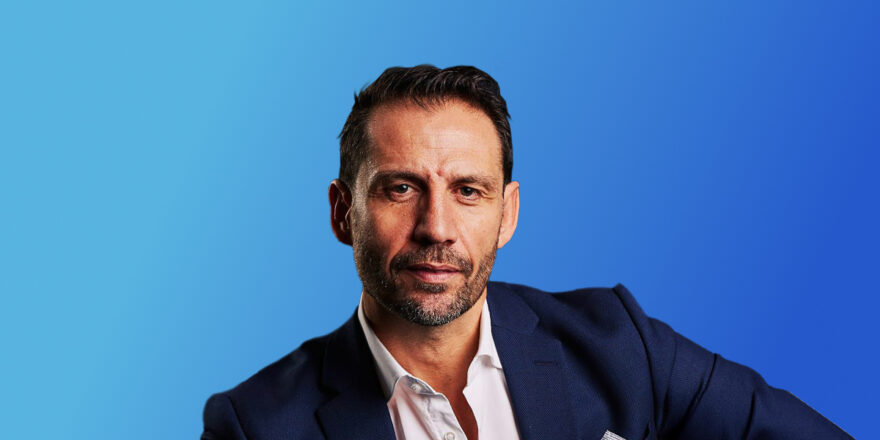How did it all ignite?
Sigma Coatings was set up in the 1980s. It started by providing marine paints to the dockyard where there was a stream of ships coming in for dry dockings and repair works. For many years we were the leading provider of paints and anti-fouling paints to the shipyards. In the 1980s, we also started producing paints for the decorative markets or the architectural markets, houses, buildings, and also for industrial uses. Today, we are active in those three markets: the Architectural sector, which is buildings, the Marine sector, which is ships that are passing through Malta or doing work here in Malta, and the Protective Coatings sector, which relates more to industrial coatings and specialised coatings.
What is unique about your business?
Our business, paints and coatings, is all about two things, protecting and beautifying. So the prime objective is usually making sure that an asset, whether it’s your house, your ship, your factory, is coated and protected from the elements and from anything that might affect them. But also there is a very important aesthetic component to it as well, especially when it comes to the architecture sector. You don’t want to just protect it, but you want it to look great. And you want it to look great for a long time so that you don’t have to repaint it fast.
How do you set your business apart from others in your industry?
One word: Quality. We’ve been in this business for a long time and our longevity is a product of our consistency. So we make our paints, we produce our paints locally. There are also some paints that we import, some very specialised paints. We are extremely careful that we manufacture paints using very best raw materials and using the very best processes that are available.
So when I talk about quality, it’s the product itself, making sure that we are using the very best materials and the very best processes that will give our customers a consistently performing product. But also quality in the service that we give. Because at the end of the day, we’re not just selling paint, we’re giving a service to people. We’re advising our clients, we’re helping them, we’re trying to understand what they need and then finding the solution that is best tailored for them.
How have your priorities changed from when you first started?
I think it’s important that you don’t try and solve all the problems of the world every day, just a few at a time. So in business you have to really measure yourself every day. You have to work out what your objectives are in the short, medium and long terms. And you have to focus your efforts in such a way as to achieve those objectives along the timelines that you’ve set. The importance of long term planning, and following the strategy rather than just operating, I think that would probably be one of my own biggest changes over the years.
Time management — how do you prioritise your various duties?
It’s not always easy and I don’t always manage. One simple, old school trick, is to do lists. I always try and sit down before I get sucked into the computer and emails and daily operations. I always try and list three to five things that I need to get done that day. If I manage to get to the end of the day and I’ve completed the things I list, then that’s a good day
Do setbacks motivate you?
I think success is what motivates most people. But you’re not always going to have success, you will have setbacks and you have to develop a thick skin, you have to take things in your stride and while setbacks don’t motivate me, they definitely make me more determined. I don’t like them so I try to make sure that they don’t happen again.
You mentioned success — how do you define success?
Success is moving forward. Sigma Coatings is the leading brand for paints. The moment that you pat yourself on the back and sit down, you’ve had it. Because there are hungry competitors out there and they do not only want their own piece of the pie but they want your piece of the pie too. So it’s extremely important that you keep moving forward all of the time. When you think you’ve got it sorted, you need to be thinking again, you need to be thinking of new areas where you can be working, new things that you could be doing to make your existing customers happier and to attract new customers.
What have been some of your biggest learning experiences in running a business?
You asked me about setbacks. They don’t motivate me but they teach me. And it’s extremely important that with every setback, you learn a lesson which you later apply when the need arises. So certainly that would be one thing that I think you have to be doing all the time, learning all the time.
What qualities do you think every person in business should possess?
You need to have a thick skin. You need to have people’s skills. Business is all about people, whether it’s your own staff, whether it’s your customers. As someone leading a business, you need to know your own mind. In making up your own mind, you have to be careful that you’re listening to people and that you’re listening to enough people and that you’re listening to the quiet person in the room who’s not going to talk unless you get them to talk or invite them to talk. So really listening and surrounding yourself with people who are ready to tell you the things that you don’t necessarily want to hear. You need to make sure that people know that they can give you bad news and that you will take that constructively and use it well.
Do you micromanage?
I hope not. I’m sure that sometimes I do. There’s a lot of work to be done. And if I try to do it myself, I’m usually not the best person at doing it and eventually you will just get completely bogged down. So if you do micromanage, then you’re usually in for a tough time.
Where do you see your business in the next 10 years?
You must keep moving forward. I would like to see my business more diversified and bigger. I would like to see it active in new markets, both geographical and in terms of our business’ sector. But these are not things that happen at once. These are things that have to be planned carefully and achieved in a team environment with a lot of people who are good at different things.
What would you want to be remembered for?
Very early for me to be thinking about that. I’d like to be remembered as someone who did a good job and who people like to work with.
One final question — What advice would you give to someone just starting their own business?
I think the most important piece of advice would be, it does not matter how good your idea is, you need to first focus on a specific need, somebody’s need. You need to make sure that whatever you are providing, and whatever you can provide, is aimed not at scratching your own ego or looking good, but at meeting the need of someone out there.
If you’re really lucky, you’ll discover a new need, a need that people didn’t know they had. Nobody knew that people needed iPods, but Apple created the iPod and people followed that. If you look at Malta, probably no one thought, 20 years ago, that there was the opportunity for such heavy traffic between Malta and Sicily, once someone provided a good service, that traffic grew exponentially. But the important thing is to focus on a need.





